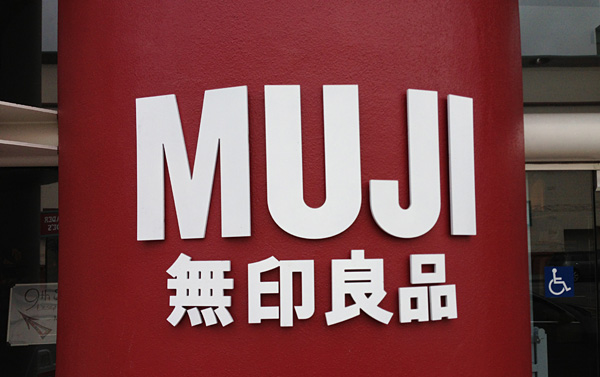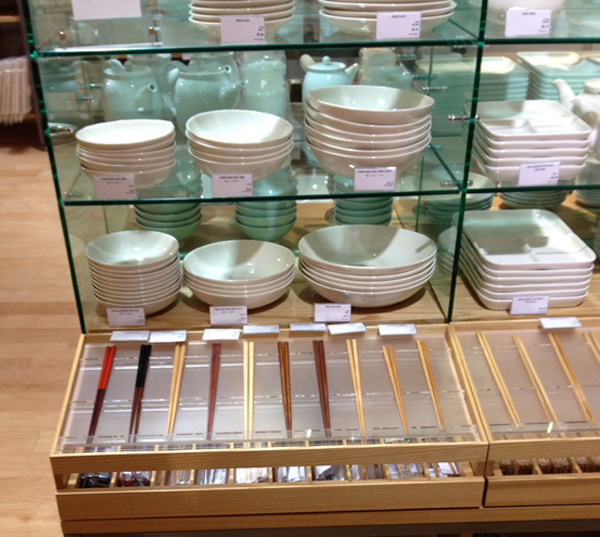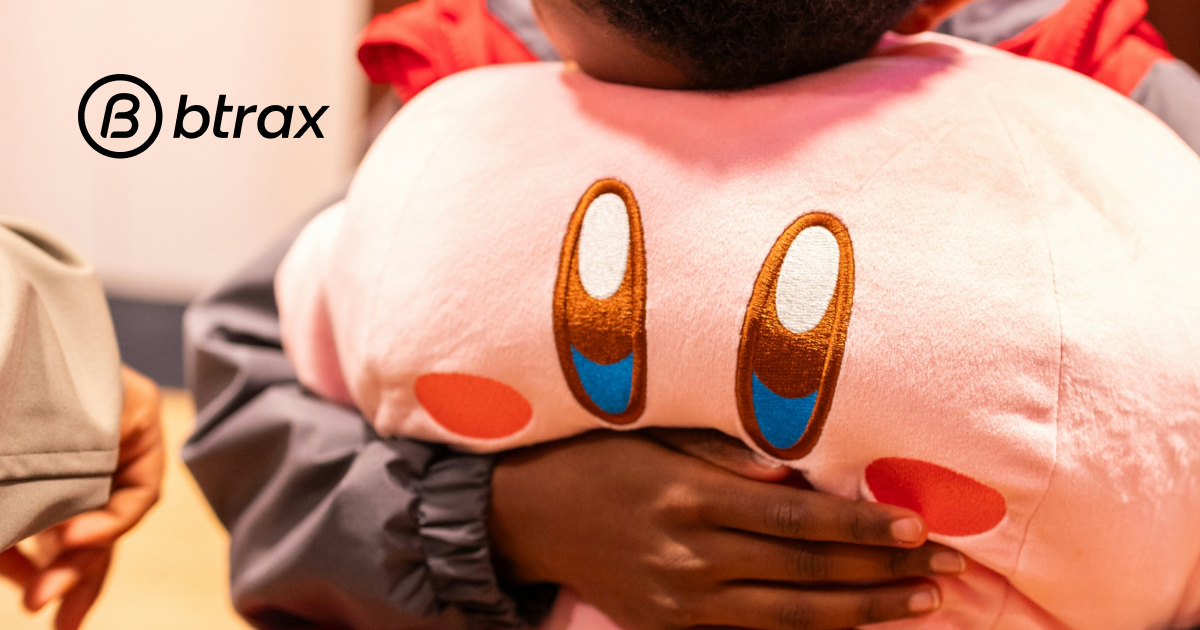
Btrax Design Company > Freshtrax > My Status With ...
My Status With Muji – It’s Complicated

How I fell in love with Muji
I discovered Japanese minimalism at the tender age of ten in an unlikely place, Oxford Street, London. My grandmother had taken me to Europe on a tour that she hoped would encourage a love of classical European art and architecture.
Instead, I became obsessed with the sleek, sophisticated objects sold by the Japanese chain Muji. In fact, I insisted that my grandmother take me back to their shop every day until we left for the continent which I, immediately upon arrival, judged for its absence of Muji stores.
I found the clean lines and simple elegance of Muji’s products cathartic. The first things a Muji addict gets hooked on are the stationary and housewares. The stationary with its absence of superfluous design, intended to serve its purpose and only that, captivated me. The housewares, in pure whites, blacks and greys taught me a similar lesson: focus on what it is you’re doing, not how you do it.

Oh Muji, where were you?
My obsession continued through the 1990’s, a time when America sorely needed Muji. I couldn’t, and still don’t, understand why the chain didn’t descend on the US during the decade of the best-selling book “No Logo” (coincidentally, a literal translation of the store’s name, 無印) and protests against Starbucks, Microsoft and other companies over the perceived over-branding of American culture.
Muji didn’t answer that 90’s call, but companies in the US were certainly listening. American companies reinvented themselves in the 90’s and subsequent decade, doing everything they could to embody Google’s informal motto, “Don’t be evil.”
CSR (Corporate Social Responsibility) became a buzzword, and brands started investing in the ideas of community and local connection. Muji had that already, they were light years ahead, and could have used that to gain some major traction in the US market….alas.
I spent five Muji filled years in Japan and my feelings of isolation and distance, from this chain I loved, naturally subsided. When I got back to the US in 2009, Muji was around, but only in niche spaces like New York’s MoMA.
Until recently, when they launched retail operations in San Francisco.
Finally Muji comes to SF! Wait, where is it?
When I heard that Muji was opening in San Francisco, my heart almost stopped. Finally, I would be able to have my cake and eat it too. Living in SF but being able to stop by and pick up a sensible minimalist cardigan at a moment’s notice. Wait, what? 9th Street? Like near the freeway?
Muji’s choice of location in SF was abysmal, and highly uncharacteristic. The company has prime spots in fun neighborhoods throughout NY. They even have a kiosk inside JFK. Why did they choose real estate in the vicinity of Trader Joe’s and Costco for San Francisco?
Muji’s appearance on the SF stage was also, ironically, overshadowed by its Japanese compatriot, Uniqlo. Uniqlo’s grand opening in a prime location near Union Square became the big event.
Maybe it says more about me than it does Muji, but I’ve only made it to the store a handful of times, even though its only a few blocks from the btrax office. This is coming from an early convert.

That’s so 90’s
In the couple of times I’ve been able to trek out to Muji, I’ve discovered it isn’t only location that Muji is lacking, but that in its absence others have also gotten good at what Muji does best.
Looking at home furnishings in particular, what Muji is putting out now resembles much of what IKEA has already quenched our thirst for, inexpensive and easy to assemble basics. When it comes to clothing, SF’s own Gap and Banana Republic picked up on the “No Logo” trend and began putting out well made basics in neutral tones without the embellishment.
Muji’s simplicity, its beauty, is not needed as much now as it was in the 90’s and when visiting I get the same twinge of nostalgia that I get when I hear an Alanis Morisette song on the radio.
Is it possible for Muji to capture the hearts and dollars of US consumers in a post “No Logo” US?
Maybe, but they will have to do it by replicating the same model that brought them success in London; a prime location and an unapologetic upfront display of the low ticket items that you’ll find most Muji converts love the most, the stationary and the housewares!
By: Nick Sturtevant







